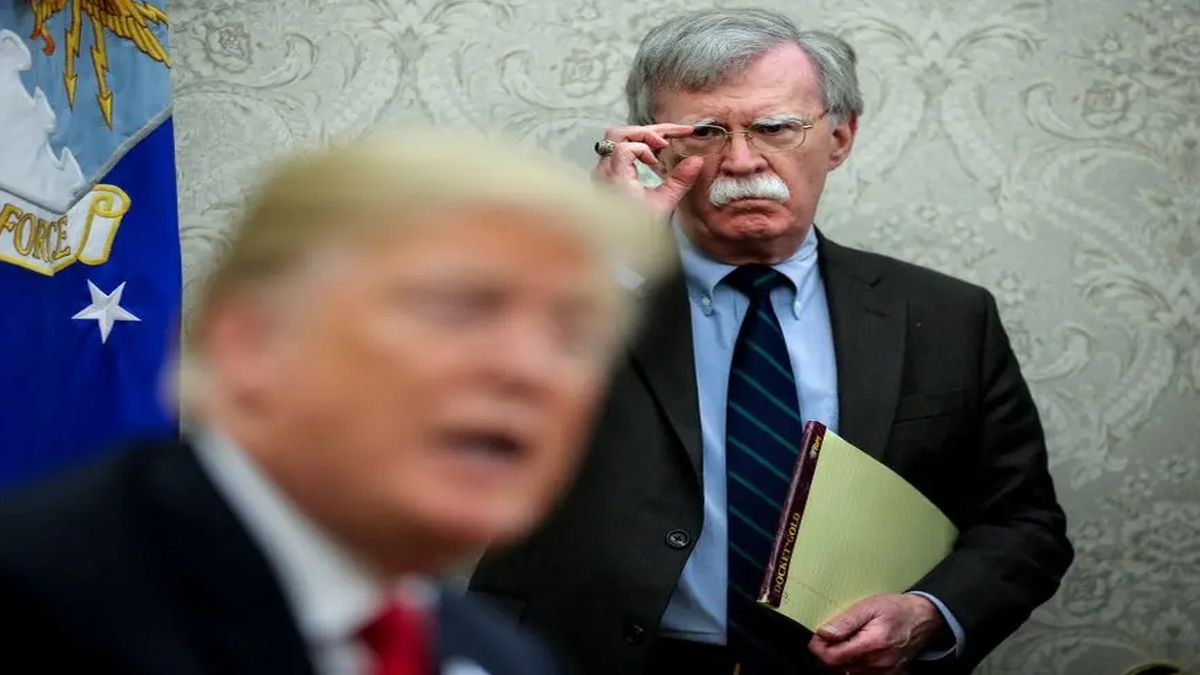Saudi Arabia’s oil minister has warned that crude prices could plummet to as low as $50 per barrel if the Organisation of the Petroleum Exporting Countries and allied members (Opec+) fail to adhere to agreed production cuts, the Wall Street Journal reported, citing delegates in the oil cartel.
The warning, delivered by Prince Abdulaziz bin Salman during a recent conference call, was interpreted by other producers as a signal that the kingdom is prepared to launch a price war to protect its market share if countries continue to flout the group’s agreements.
The minister reportedly singled out Iraq and Kazakhstan as the primary violators of the production limits.
“There is no point in adding more barrels if there’s no room for them in the market,” said one Opec+ delegate who attended the call. “Some better shut up and respect their commitments toward Opec+.”
Key members of the Opec+ alliance are set to meet Wednesday (October 2) to discuss whether to ease production curbs at a scheduled online gathering.
The group’s efforts to stabilise the market have been undermined by members failing to meet their targets, despite multiple extensions of production cuts, WSJ reported.
Iraq reportedly exceeded its August quota by 400,000 barrels per day, according to S&P Global Ratings. Kazakhstan’s production is also expected to rise with the return of its massive Tengiz oil field, capable of producing 720,000 barrels a day.
The warning comes as oil prices saw a temporary spike on Tuesday (October 1) after Iran launched missiles at Israel amid the ongoing conflict in Gaza.
Impact Shorts
View AllBrent crude, the international benchmark, briefly gained 5 per cent before settling at 2.4 per cent higher, just under $70 per barrel. However, concerns over geopolitical tensions choking oil exports from the Gulf through the Strait of Hormuz — an essential waterway bordering Iran — have yet to result in sustained price increases.
In recent months, crude prices have been on a downward trajectory, with major benchmarks falling around 12 per cent last quarter despite OPEC+ efforts to stabilise the market.
Current prices are hovering below $75 per barrel, the lowest level in nine months, largely driven by slowing global economic growth.
Saudi Arabia, which relies on oil prices at $85 per barrel to fund its economic transformation plans, has been frustrated by the lack of compliance from some cartel members. The kingdom has a history of increasing production to pressure non-compliant producers, as seen in previous price wars.
In March 2020, Saudi Arabia sparked a price war with Russia, flooding the market with crude amid the Covid-19 pandemic. This resulted in a 65 per cent collapse in oil prices, which hit 17-year lows, and even saw US crude briefly enter negative territory.
The threat of another price war looms as Saudi Arabia and Opec+ face increased competition from planned production increases in the US, Guyana, and Brazil, which are expected to add more than 1 million barrels per day to the global oil supply next year. Despite Brazil joining the OPEC+ alliance this year, the country has stated it will not participate in output cuts.
Opec+ members had initially agreed in June to start easing voluntary production cuts in October but delayed that plan until December due to falling prices.
With the group’s share of the oil market shrinking — down to 48 per cent from 50 per cent in 2023 — competition within the cartel is expected to intensify in the coming months.


)
)
)
)
)
)
)
)
)



